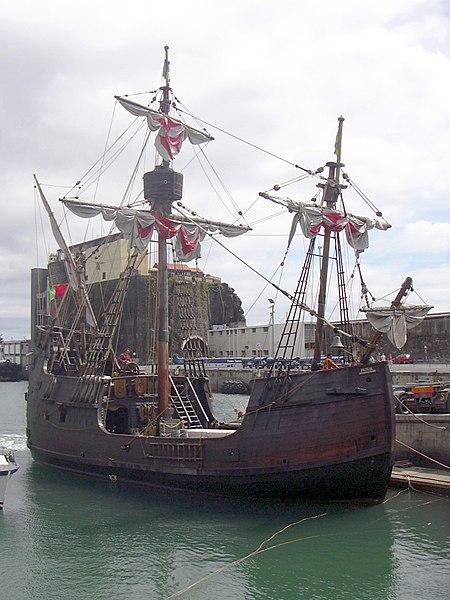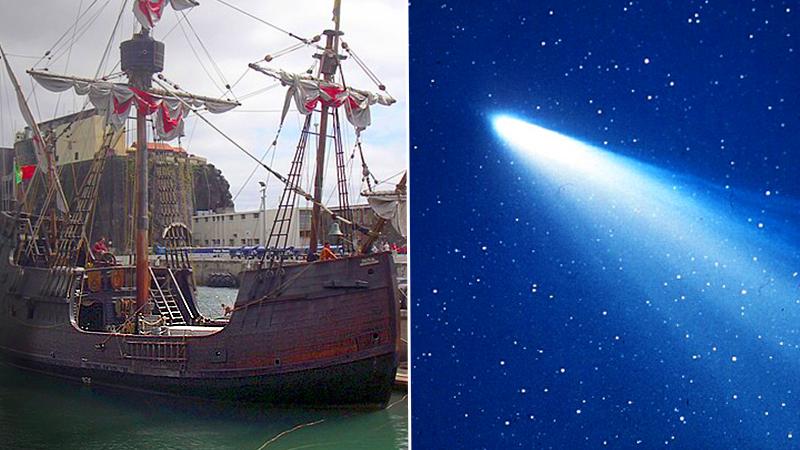From Columbus’ shipwreck to George Washington’s crossing of the Delaware, there have been a lot of world-changing events that took place during Christmas, the most wonderful time of the year. Read on to see these 9 fascinating things that also happened on December 25.
9. Columbus’ Santa María sinks, 1492
Of all three ships that sailed on Christopher Columbus’ voyage to the New World, the flagship Santa María was the largest and slowest. During the return trip on Christmas Eve in 1492, the ship, attended by an amateur crewman, was carried onto a sandbank and ran aground off modern-day Haiti. Columbus decided that the ship was beyond repair and ordered his men to salvage the timbers, which were then used to build a small fort named La Navidad, meaning Christmas. Fortunately for Columbus, he was able to return to Europe on Niña.
© Public domain






